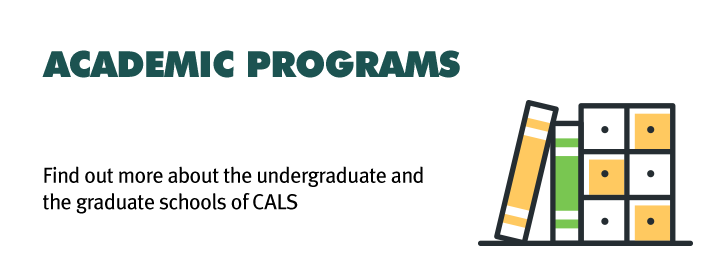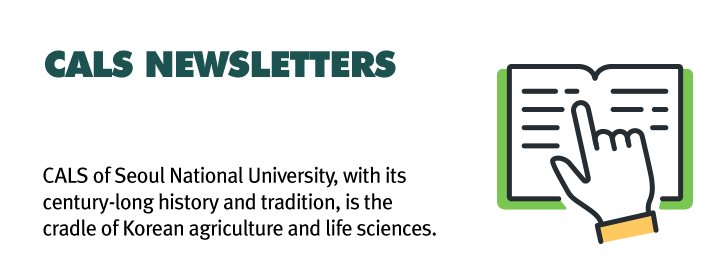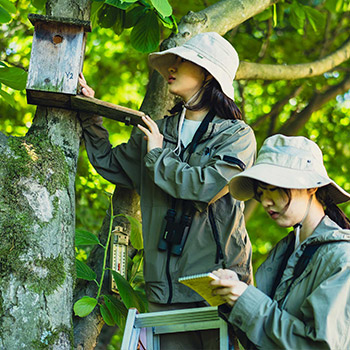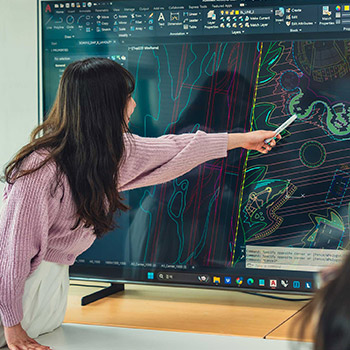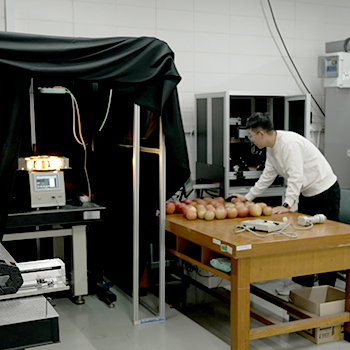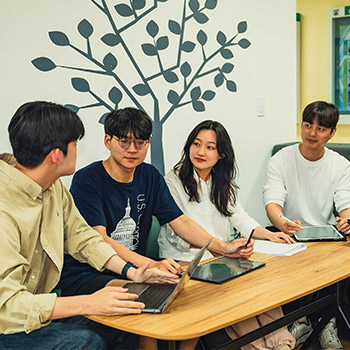Designing the Future of Regions: Interview with Professor Kim, Euijune, Newly Elected WRSA President
Professor Kim EuiJune of Seoul National University Elected as President of the Western Regional Science Association (WRSA)
– “Designing the Future of Regions with Inclusivity and Practicality at the Core”
Professor Kim EuiJune in the Department of Agricultural Economics and Rural Development at Seoul National University has been elected president of the Western Regional Science Association (WRSA). Having first attended the association in 1991 as a doctoral student, Professor Kim has been involved with WRSA for over three decades. His election as president—an uncommon achievement for a scholar based outside the U.S.—marks a notable step forward in expanding Korean representation within global academic networks. In this interview, Professor Kim reflects on the mission of WRSA, its broader significance, and the evolving role of regional science in addressing global challenges.
“Regions are constantly evolving. The essence of regional science lies in analyzing and navigating these shifts.”
WRSA is the largest and most influential among the four regional science associations in the United States. Professor Kim explains that regional science aims to address issues that arise between urban and rural areas, central and peripheral spaces, declining and emerging regions—all through interdisciplinary social scientific methods. From the urban-rural divide in Korea to Jakarta’s ongoing flooding crisis, he notes, regional science serves as a practical field that helps interpret and respond to such imbalances across the globe.
Leadership with Responsibility and Inclusion
Professor Kim described his election as both a personal honor and a culmination of decades-long academic dedication. More importantly, he views it as a symbol of WRSA’s openness to diversity. “The election of a Korean scholar to lead a U.S.-based academic society reflects its growing inclusivity,” he noted. He also highlighted plans to appoint a female scholar as the next vice president, emphasizing that diversity across gender, nationality, and disciplinary background is a key pillar in shaping the association’s future.
“Regional issues transcend borders—but our approaches must remain grounded in data and reality.”
When asked about the distinction between urban economics and regional economics, Professor Kim explained that the former typically focuses on city-centered issues such as housing markets, whereas the latter takes a broader view, analyzing regional disparities, development, and decline. He pointed out that urgent topics like rural depopulation, aging demographics, and climate change are increasingly becoming central to the field of regional science and must be met with informed, policy-driven solutions.
“Korea, in particular, possesses well-structured data and strong quantitative research capabilities,” he said, adding that these strengths allow for competitive performance in international comparative studies. However, he also acknowledged the limitations, noting that micro-level conflicts over race and religion—prominent in Western societies—pose cultural challenges when it comes to shaping research agendas.
Expanding WRSA’s Role: From Research to Generational Support
In addition to serving as WRSA president, Professor Kim previously held the role of Asia-Pacific regional editor for the Annals of Regional Science, where he contributed to setting the journal’s direction. He recalled his editorial initiative on dynamic growth in Northeast Asia as a particularly meaningful milestone.
More recently, he helped establish a foundation under WRSA to provide financial support for graduate student participation. “When I first attended the conference in 1991, even covering airfare and accommodation was a challenge. Now, the foundation offers support to up to 20 graduate students each year,” he said. This initiative, he added, serves as an institutional embodiment of resilience for the next generation of scholars.
Advice to Students: “Barriers exist to be overcome.”
When asked to share a message with students at Seoul National University, Professor Kim drew on his own interdisciplinary academic journey—from architecture to urban planning, and eventually to the social sciences. He emphasized the importance of flexible thinking and embracing diverse academic paths.
“In a world shaped by rapid technological advancements like AI, the knowledge we acquire today may become obsolete in a decade,” he said. “But persistence and adaptability remain timeless assets. The path to becoming a professor is especially rewarding for those who value autonomy and exploration. Keep your options open, and continue pushing forward—it’s a journey open to anyone willing to pursue it.

